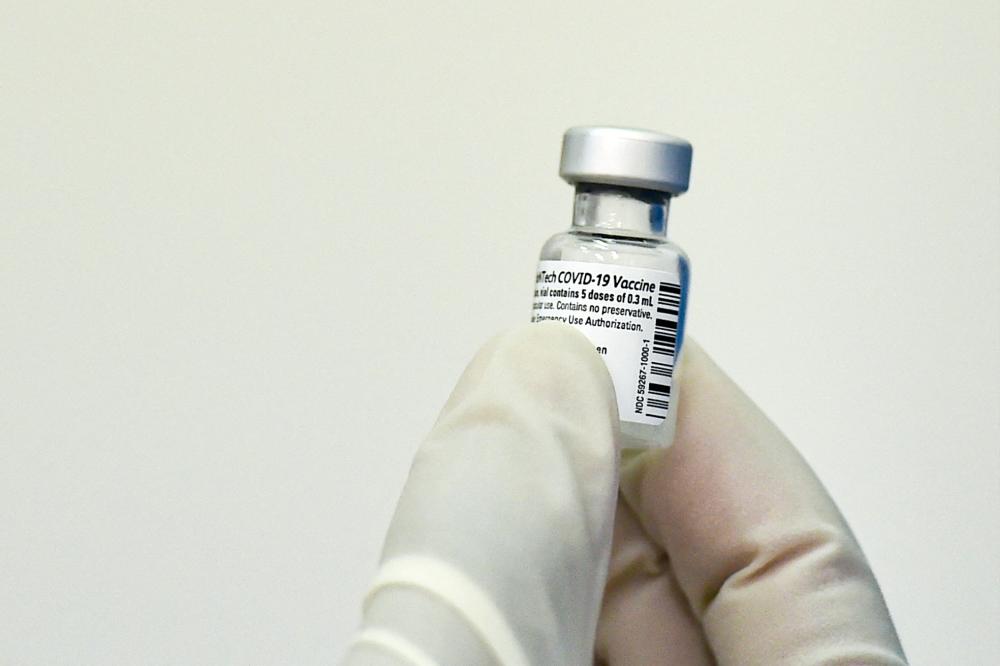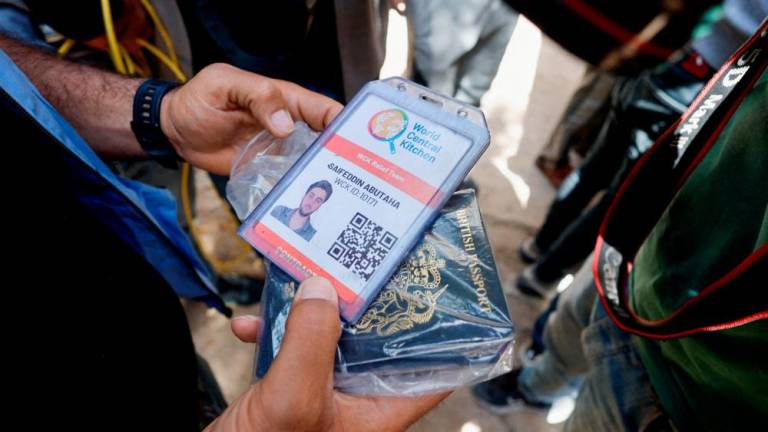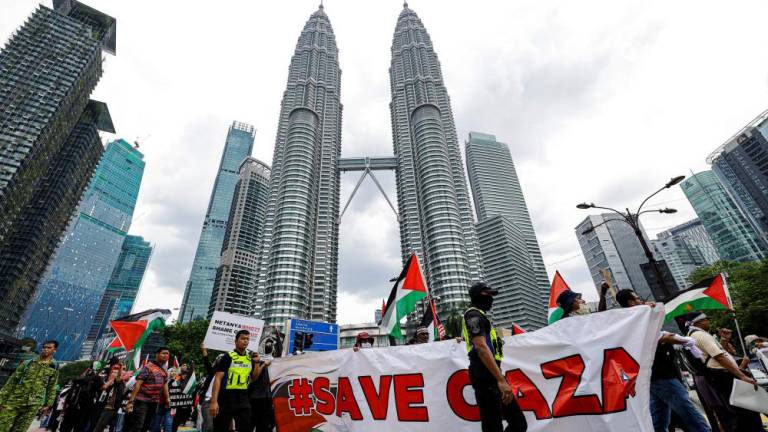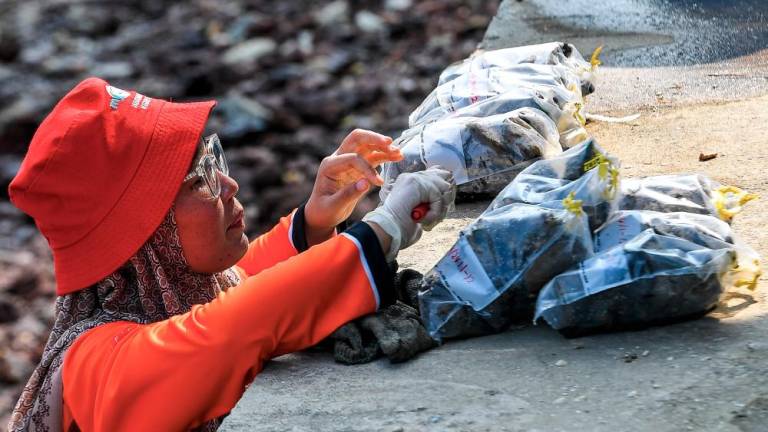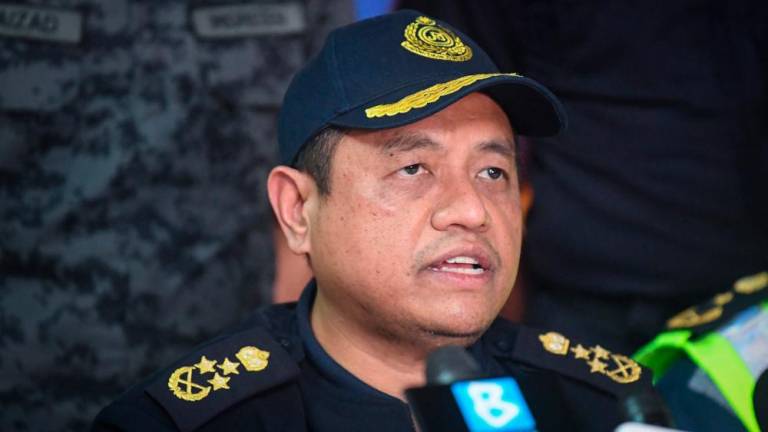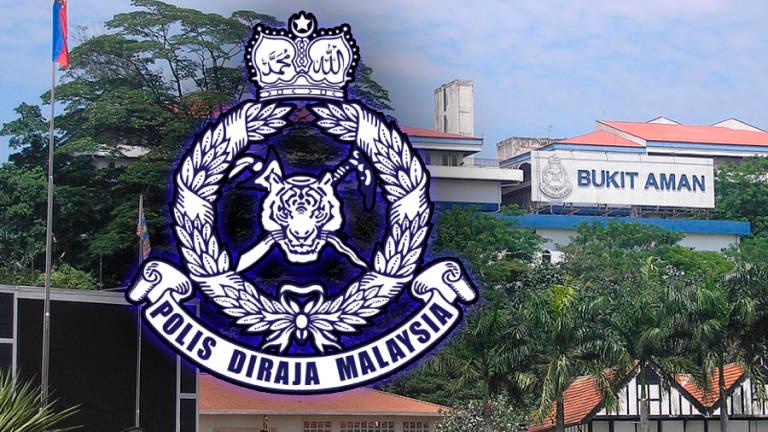PETALING JAYA: A form of “immunity passport” is likely to be implemented for international travellers, former deputy health minister Dr Lee Boon Chye told theSun yesterday.
“The exact mechanism has not been established. The options could be either a proof of recent or valid vaccination, proof of actual Covid infection within the past six months or presence of antibodies in the body,” he said.
He pointed out that the concept of an immunity passport is not new as it is being practised for yellow fever and polio for international travel.
However, consultant paediatrician Datuk Dr Musa Nordin said while those who wish to enter the country should undergo the stipulated tests and 10-day quarantine, whether that person is vaccinated should not be a criteria.
“But it would be preferable since they are protected and would not contribute to any new Covid infections,” he said.
“Airlines would certainly require it in order to protect their passengers. Early results from Astra Zeneca and Moderna indicate that the vaccine decreases the risk of spreading Covid by 67% and 60% respectively. This is welcome news indeed.
“We await further reports on follow-up of the subjects in the trials. Eventually, even countries would require this Covid passport because importation of the disease is a real risk. New Zealand was like zero Covid until a patient flew in with the B117 Kent strain from the UK.”
On whether the government can deny services or restrict movement for people who refuse vaccination, Lee said it will depend on government policy.
“Many countries tried to use this measure for measles and other diseases, with varying degrees of success. To ensure successful vaccine roll-out, communication is key,” he said, adding that more should be done to engage the public to address doubts and uncertainties.
Malaysian Pharmaceutical Society (MPS) president Amrahi Buang said the public still seemed confused on whether to get vaccinated, adding that he is not blaming anyone for the lack of understanding among the public.
He said the priority is for the government to improve communication to make people understand what the National Covid-19 Immunisation Programme is all about.
“There is a big communication gap between the government and the people due to various reasons and the most worrisome is the politics, which could lead people to more confusion. The reality is there is a trust deficit between the government and the public.
“Now, people get confused with the standard operating procedures (SOP), which is why there are still people having difficulty following the rules. More work should be done to improve communication.”
He said a poll conducted by the Health Ministry showed 67% of 200,000 respondents agreed to be vaccinated and 16% will not, while 17% were undecided.
“This is not enough to achieve 80% for herd immunity. The government needs to engage the public and find ways to work on those who are sitting on the fence to get them vaccinated.”




